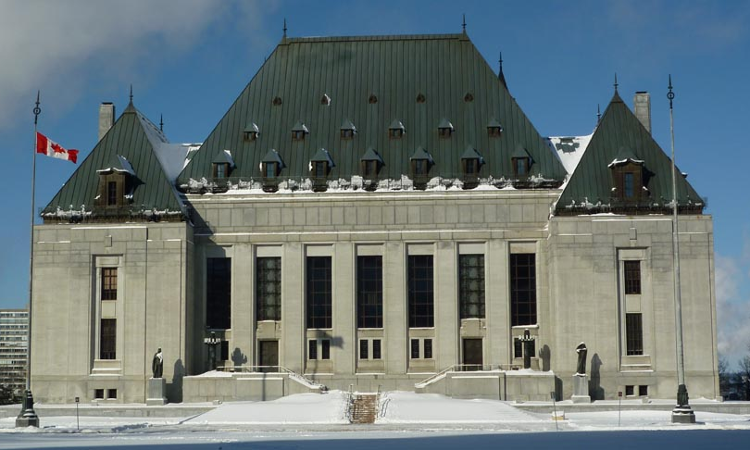The Canada Supreme Court, on Friday, held that banning 'conditional sentences' for serious offences is constitutional. Handing down the judgment in 5:4 majority, the Court held, "While the crisis of Indigenous incarceration is undeniable, Ms. Sharma did not demonstrate that the impugned provisions created or contributed to a disproportionate impact on Indigenous offenders, relative...

